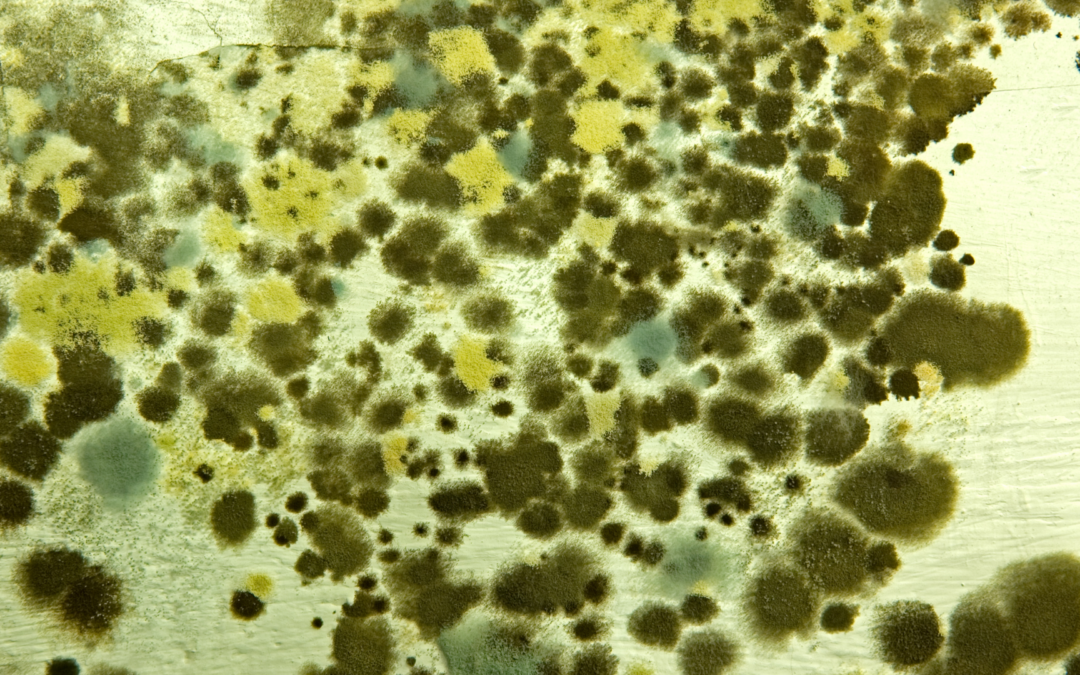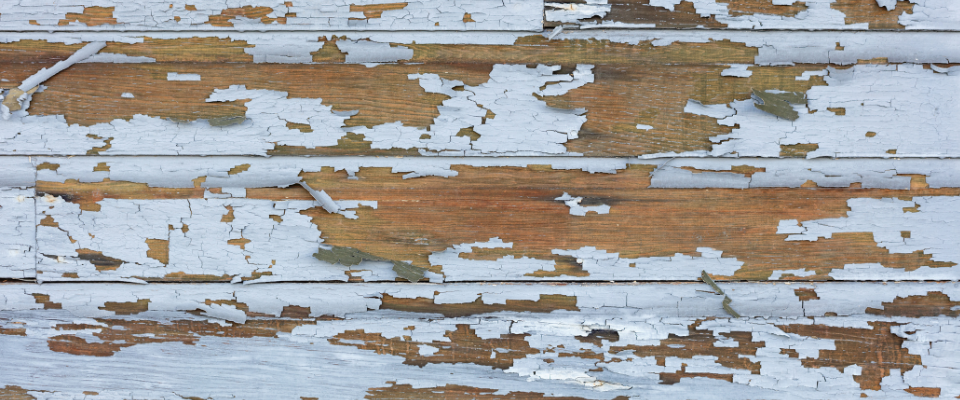Understanding Environmental Concerns in Home Inspections
When it comes to evaluating a home’s quality and condition during a home inspection, the focus often revolves around roofing, plumbing, windows, and other structural elements. However, environmental issues can be just as critical and sometimes even more challenging to detect. Here are some common environmental concerns that homeowners might encounter, and why they should not be overlooked during an inspection.
1. Moisture and Mold
Moisture is often considered the number one enemy of a home. While mold is a significant concern for many, it’s important to remember that mold is a direct result of moisture problems. Water intrusion from heavy rains, high humidity, or inadequate drainage can lead to mold growth, which in turn can cause significant damage and financial strain for homeowners.
Homes with crawl spaces are particularly vulnerable to moisture and mold issues due to their often inaccessible nature. Regular maintenance inspections are crucial for these areas to ensure there are no hidden problems. Other common moisture intrusion points include around windows and any roof penetrations like pipe stack flashings and chimneys.
2. Lead and Asbestos
For homes built before 1978, lead paint and asbestos are potential hazards. While these issues are less common in newer homes, many older properties, especially those in regions like Middle Tennessee, may still contain these materials.
Lead was commonly used in paint, while asbestos was utilized in a variety of building materials including insulation and siding. Asbestos was initially prized for its durability and fire resistance, but its health risks—particularly cancer—were not known until later. A qualified inspector can identify these materials, and if found, they can be safely removed or managed.
3. Radon
Radon is an odorless, colorless gas that arises from the natural breakdown of heavy metals in soil. It poses a serious health risk, being the leading cause of lung cancer among non-smokers. Radon levels can vary significantly from one home to another, even on the same street, making it essential for home buyers in regions like Middle Tennessee to conduct radon tests.
Fortunately, radon mitigation systems are effective and can be installed by specialized companies to reduce radon levels in a home.
*BONUS* Pests
Insect and pest issues, including termites, are another environmental concern that can affect a home. Termites, specifically, are known for their ability to damage wood structures, and their presence is often linked to moisture problems. A wood-destroying insect inspection, also known as a termite inspection, is vital during a real estate transaction.
Proper treatment and ongoing pest control can manage and prevent infestations, ensuring that your home remains a safe and healthy environment.
In Conclusion
Environmental concerns such as moisture and mold, lead and asbestos, radon, and pest issues are integral parts of a comprehensive home inspection. Addressing these factors can prevent significant damage and health risks in the future. Whether you’re buying or selling a home, it’s crucial to ensure these potential problems are thoroughly evaluated by a qualified professional. Investing in a detailed home inspection is a small price to pay for peace of mind and long-term protection.
For more information on addressing these environmental concerns or to schedule an inspection, don’t hesitate to reach out to us!
Experience the DILIGENT Difference
With DILIGENT, you can understand the value of your potential home investment by skipping the guesswork and gathering deeper information about your new home with our detailed reports provided the same day as your inspection.



